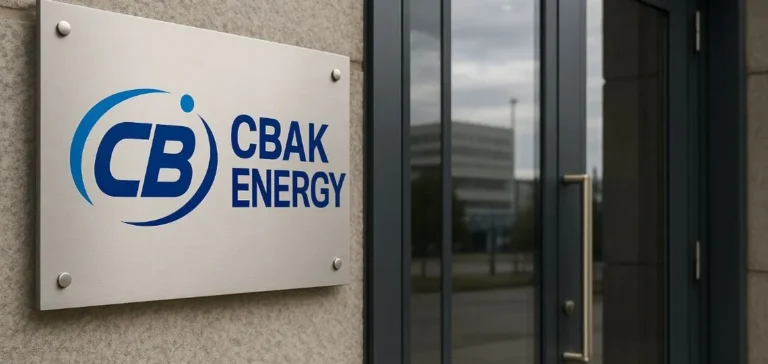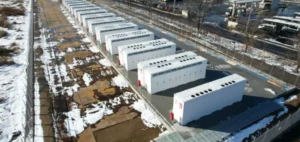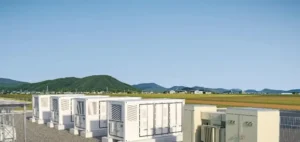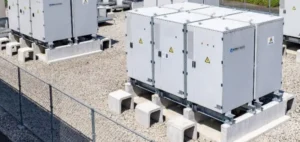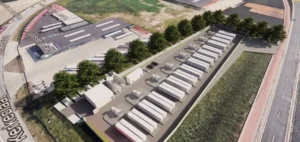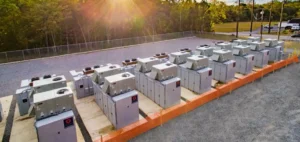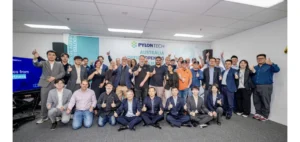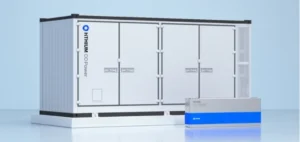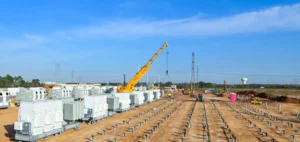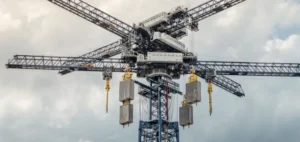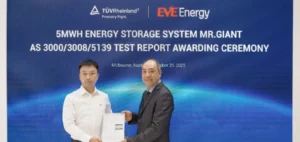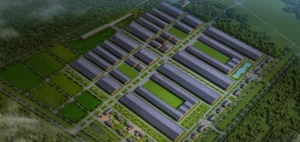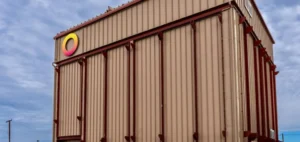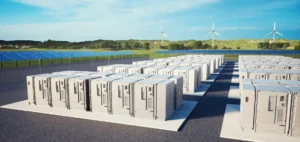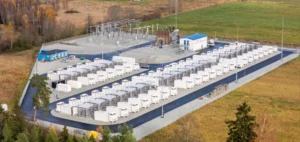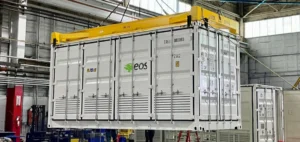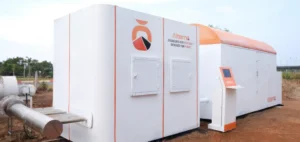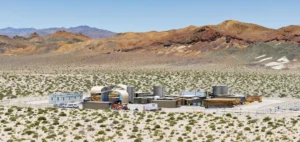Chinese lithium-ion battery manufacturer CBAK Energy Technology, Inc. reported a significant increase in revenue for the third quarter of 2025, reaching $60.92mn, a 36.5% increase compared to the same period in 2024. This performance was primarily driven by the strong contribution of its raw materials subsidiary, Hitrans, whose revenue surged by 143.7% to $27.22mn.
Net income attributable to the company reached $2.65mn, up from just $17,647 a year earlier, marking a more than 150-fold increase. Profitability in the battery segment improved to $4.53mn, supported by continued demand for the 32140 model. Meanwhile, Hitrans narrowed its net loss by 18.8% to $2.10mn, benefiting from rising prices in battery raw materials.
Hitrans boosts growth amid product transition
Revenue from the battery segment remained steady at $33.71mn, with a slight 0.7% increase, but gross margin fell to 13.1%, down from 22.9% the previous year. This decline was attributed to reduced orders for the 26650 model, which is currently being phased out and replaced by the new 40135 model, now in production at the Dalian facility. Lower production volumes led to higher unit costs, impacting the overall profitability of the segment.
In terms of end-use applications, battery sales for electric vehicles dropped 82.9%, while the light electric vehicle segment surged by 269.9% to $18.17mn. Deliveries for residential energy supply and uninterruptible power systems fell by 45.1% to $15.47mn.
Year-to-date revenues decline amid product shift
For the first nine months of 2025, CBAK Energy reported consolidated revenue of $136.39mn, a 9.8% decline year-on-year. The battery segment dropped 34%, impacted by the ongoing transition to upgraded product lines, with net income falling to $2.80mn from $21.61mn in the same period last year. In contrast, Hitrans revenue rose by 63.9% to $61.22mn, posting a positive gross profit of $1.59mn versus a loss in the previous year.
The company’s consolidated gross margin fell to 10.4% from 25.4% for the first nine months of 2024. Cost of revenues increased 9.5% to $122.25mn, while operating results swung from a profit of $15.38mn to a loss of $10.43mn.
Production capacity expansion underway
To meet rising demand, particularly for models 32140 and 40135, the company recently launched a new production line in Dalian, adding 2.3 GWh of annual capacity. Additional lines are expected to begin operation in Nanjing in November, increasing capacity by a further 2 GWh. This scale-up aims to address supply constraints and strengthen the company’s market position.


